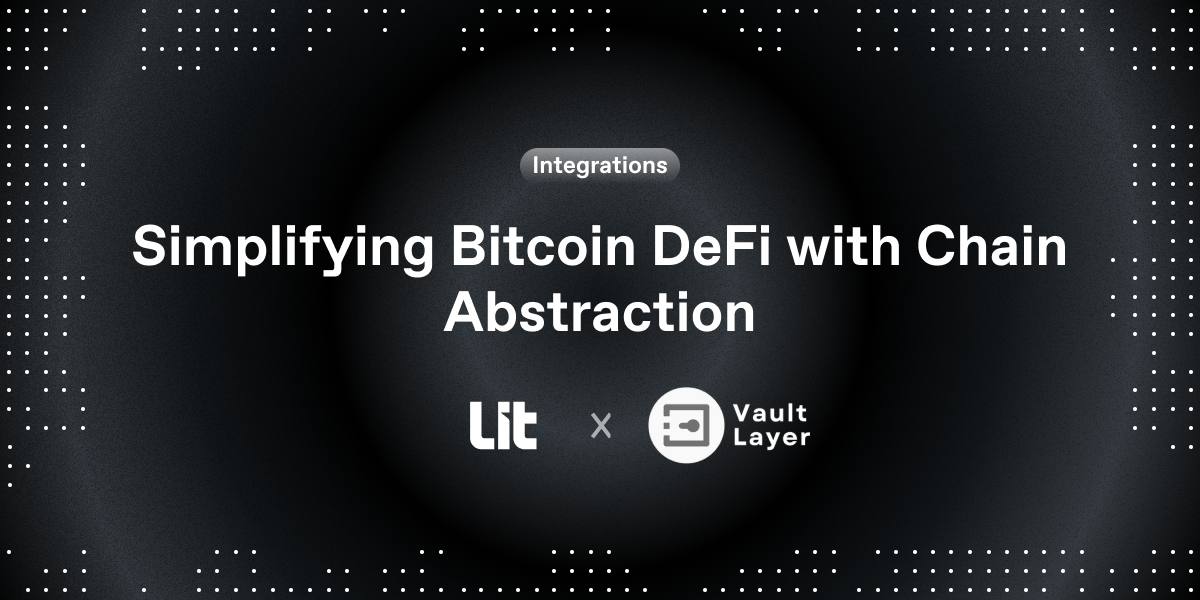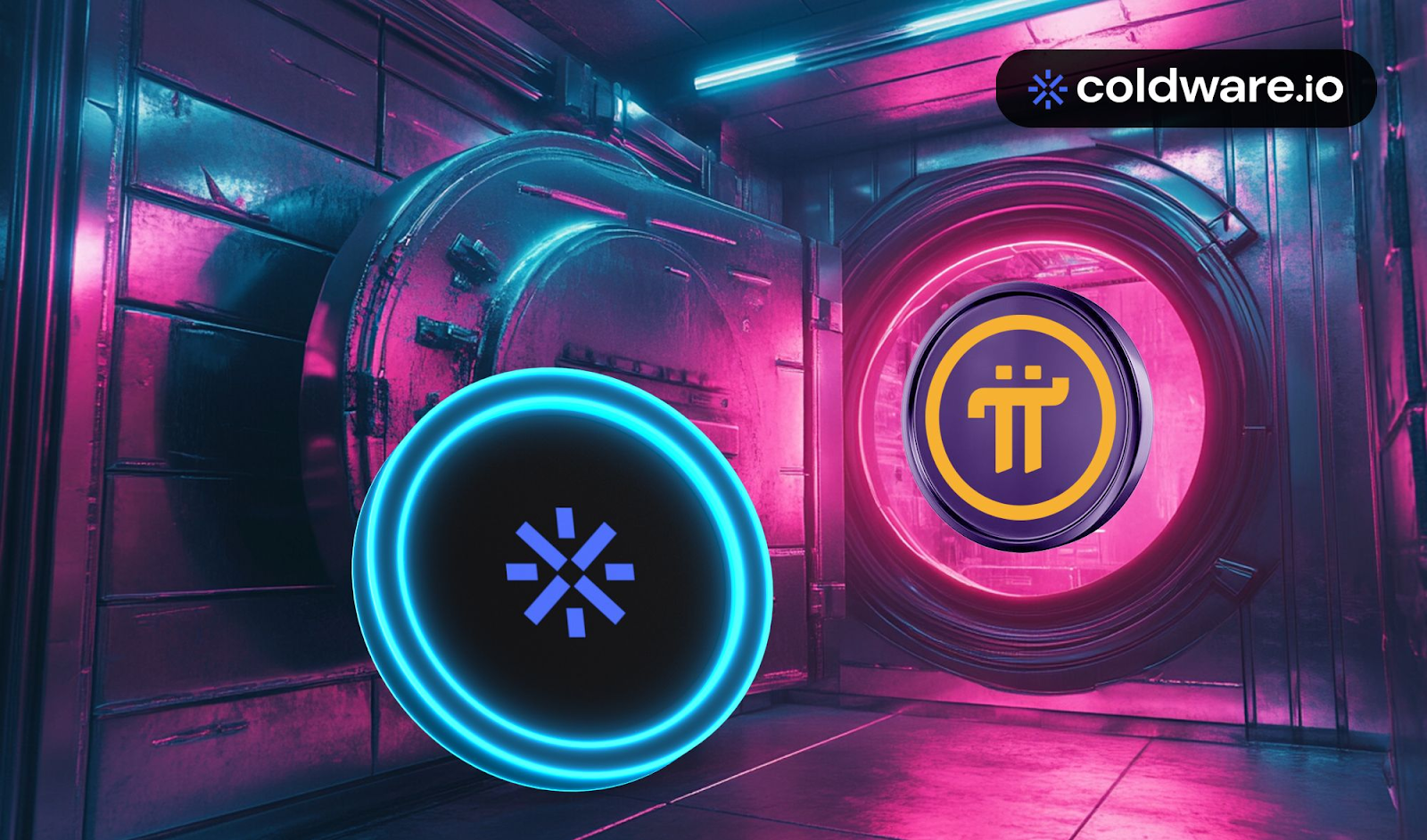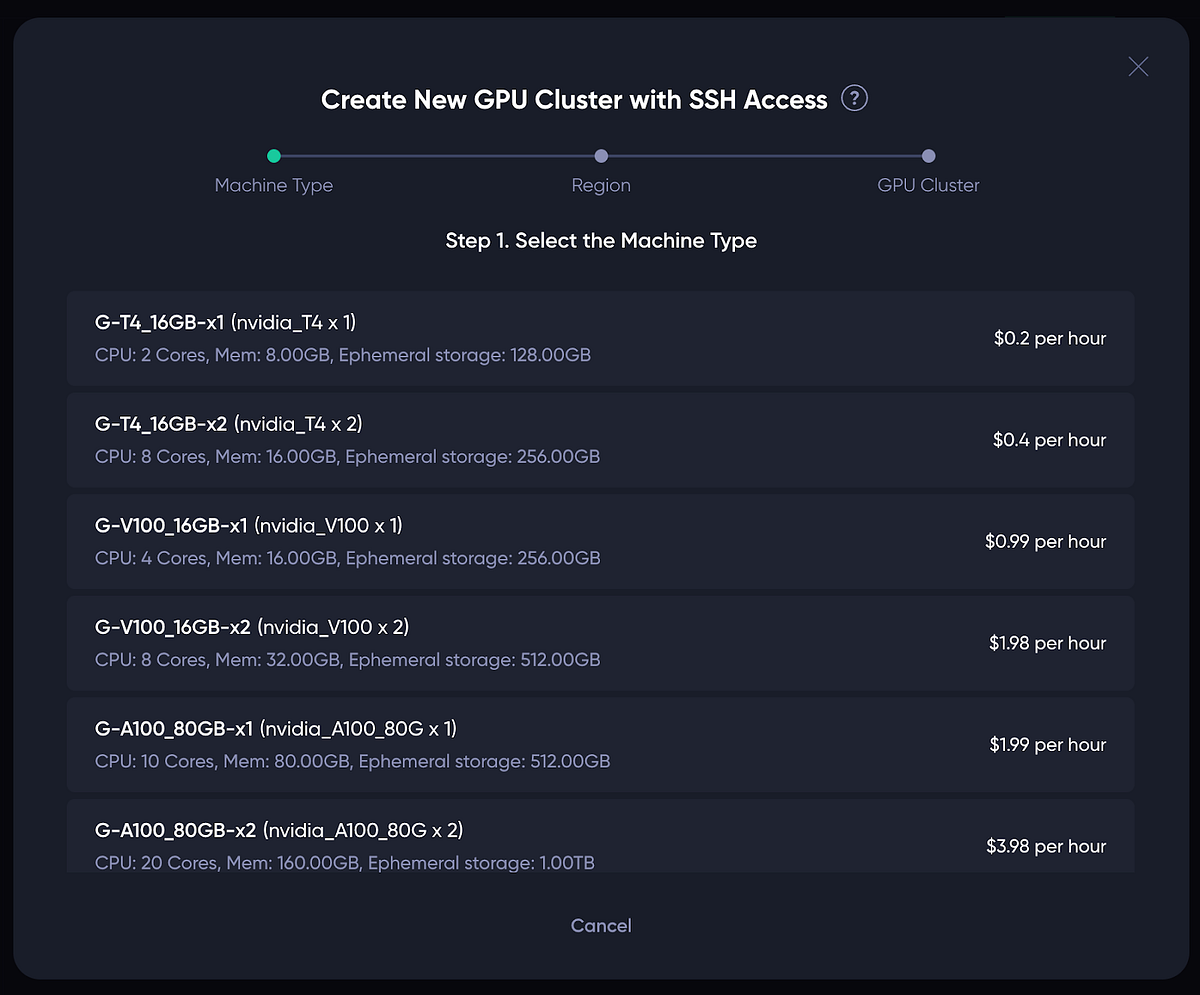VaultLayer Launches SDK to Simplify Bitcoin DeFi Interactions

VaultLayer, in collaboration with Lit Protocol, is introducing a chain-abstraction SDK aimed at simplifying decentralized finance (DeFi) interactions on Bitcoin. Currently, Bitcoin DeFi accounts for only 1% of the $95 billion Total Value Locked (TVL), but with the rapid growth of Layer 2 solutions, this figure is expected to increase significantly. The existing user experience in Bitcoin DeFi is often fragmented and complex, requiring users to manage multiple wallets and navigate intricate bridging processes. VaultLayer seeks to address these challenges by providing a unified platform that enhances the user experience, making it easier for individuals to stake and earn with their Bitcoin assets.
The VaultLayer SDK leverages Lit Protocol’s advanced key management network to streamline transactions across Bitcoin Layer 1 and Layer 2. By employing a chain-abstraction approach, VaultLayer simplifies interactions across various blockchains, effectively hiding complexities such as key management and transaction processing. Unlike traditional solutions that depend on Ethereum standards, VaultLayer utilizes Lit Protocol to create off-chain Bitcoin smart accounts, ensuring secure and seamless transactions. This innovation allows users to manage all their assets from a single account, regardless of whether they are on Bitcoin or EVM-compatible networks.
In addition to simplifying user interactions, VaultLayer’s SDK introduces features that enable the minting of Lit Programmable Key Pairs (PKPs) using Bitcoin wallets and signing Bitcoin transactions with Lit Actions. This functionality not only enhances security but also streamlines the process of integrating Bitcoin into DeFi applications. As VaultLayer continues to evolve, it aims to make Bitcoin DeFi more accessible and user-friendly, paving the way for broader adoption and utilization of Bitcoin in the decentralized finance landscape.
Related News





